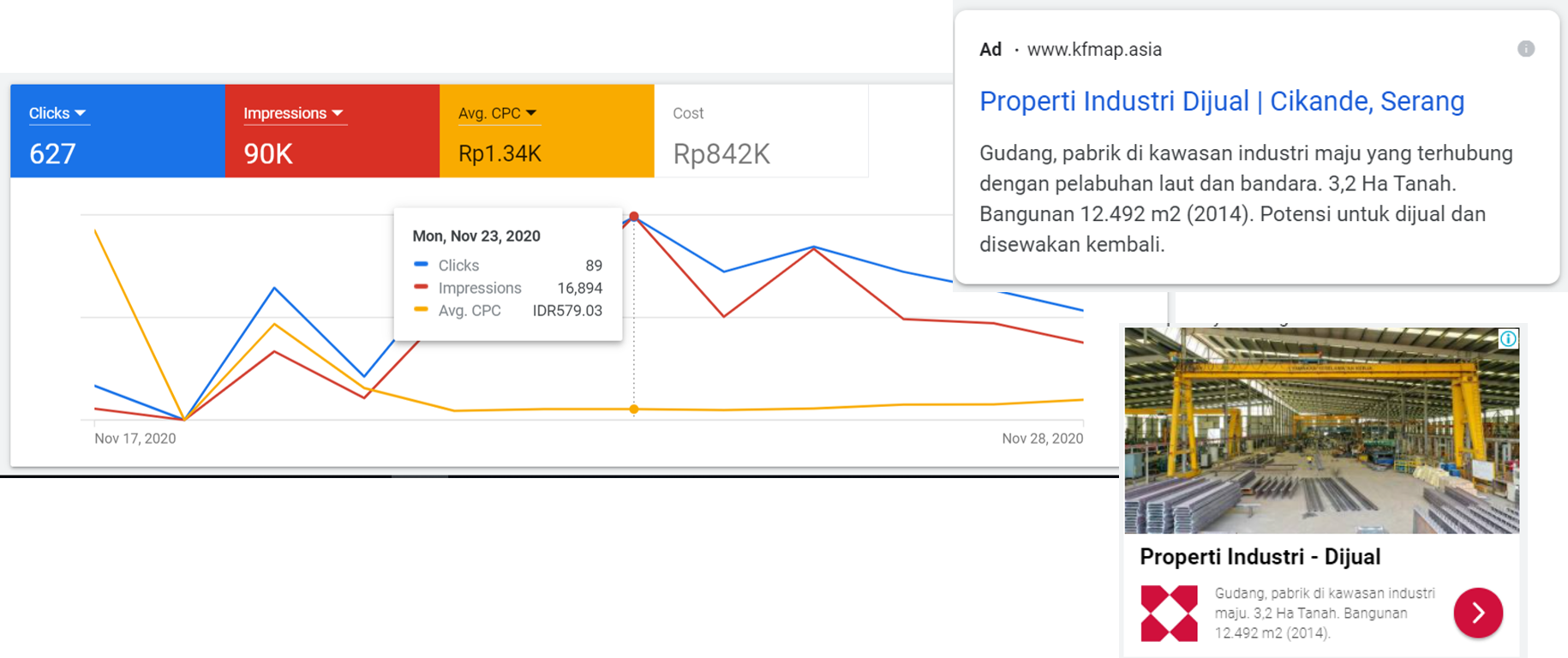
Exhibit 27.2 Whereas organic search over a month resulted in 1 click, 11 impressions and
0 leads, the search and display ads yielded 627 clicks, 90,000 impressions and 8 leads in 10 days, for
this Indonesian “factory for sale”.
The potency of search marketing is rooted in its ability to
reach interested prospects with high precision, including those who are actively seeking to make a
purchase. This makes it more efficient and effective than social media marketing. Click through
rates (CTR) are typically higher for search ads.
However, since organic search is free, one may ask, why advertise? The key reason is
that the vast majority of websites achieve multifold increases in traffic through search advertising.
This is because, for the average site, it is far too difficult to secure a high rank on SERP, except
for long-tail keywords that are well-aligned with the site’s content and do not generate high search
volume.
Consider the example of a factory for sale in Cikande, Indonesia (Exhibit 27.2).
Organic search yielded only 11 impressions, 1 click, and 0 leads in a month. However, when the webpage
was advertised through Google Ads, the search and display ads generated 627 clicks, 90,000 impressions,
and 8 leads in 10 days, costing only USD 60 (Rp 842K) at an average of 9 cents per click.
High visibility on the search result pages is crucial, as click-through rates drop
exponentially across ranks (see Exhibit 27.3). This is due to:
- Competition for Attention: Items at the top of a list are perceived as
more important, and, in context of search ads/results, more likely to be processed.
- Information Overload: When confronted with excessive information, people
reduce complexity by narrowing down their options.
- Primacy and Recency Effect: People recall primary information presented
better than information presented later. For example, for a list of words, people are likely to
better remember words at the beginning than words in the middle.
Marketers prefer search advertising because costs can be well-controlled through
cost-per-click or cost-per-acquisition pricing, and advertisers can set an average daily budget for
each campaign.
Analytics platforms enable marketers to track an array of metrics to optimize their
advertising, making accountability another advantage of search advertising.
For the reasons mentioned above, marketers choose to advertise on search engines, even
though organic search is free. Additionally, while lower-ranking sites need to advertise to get
discovered, market-leading websites confident of securing high organic rank on SERP also advertise to
pre-empt competition by occupying the ad space. In doing so, they maintain their visibility and prevent
competitors from stealing their traffic.